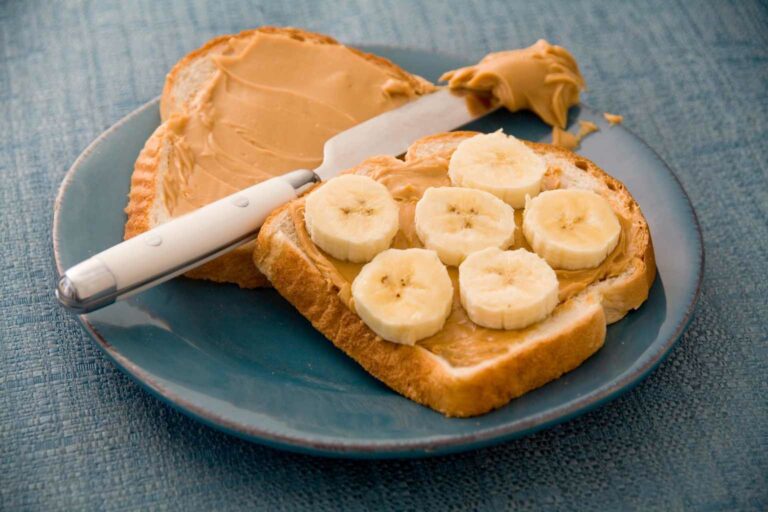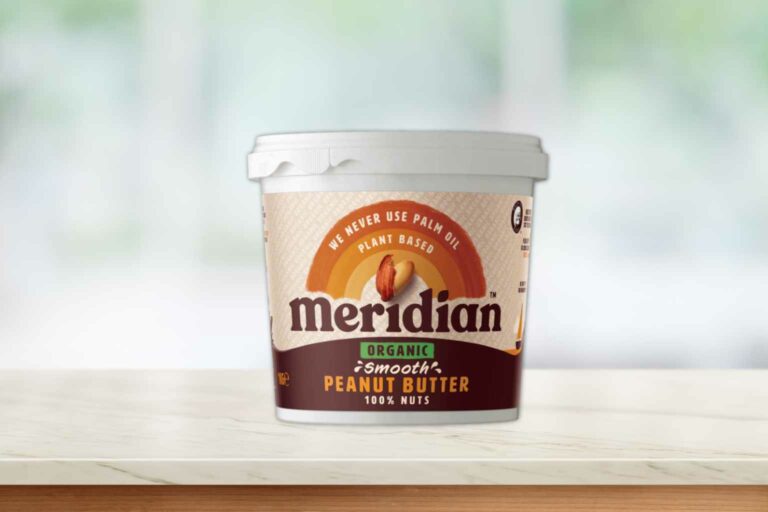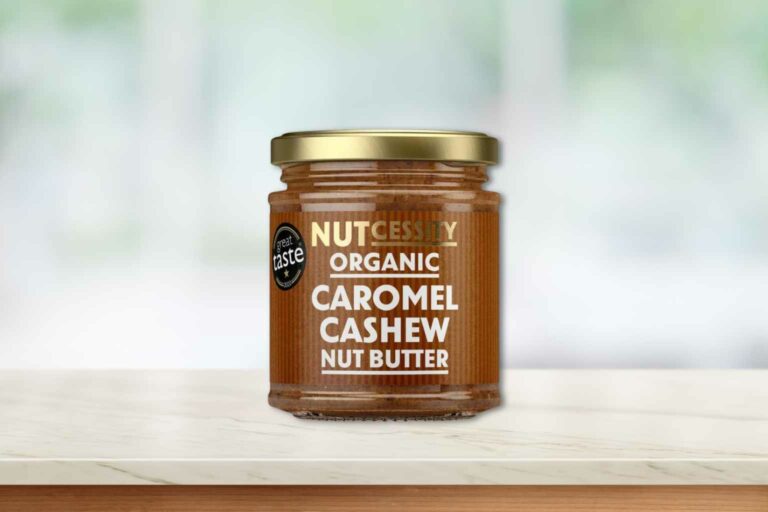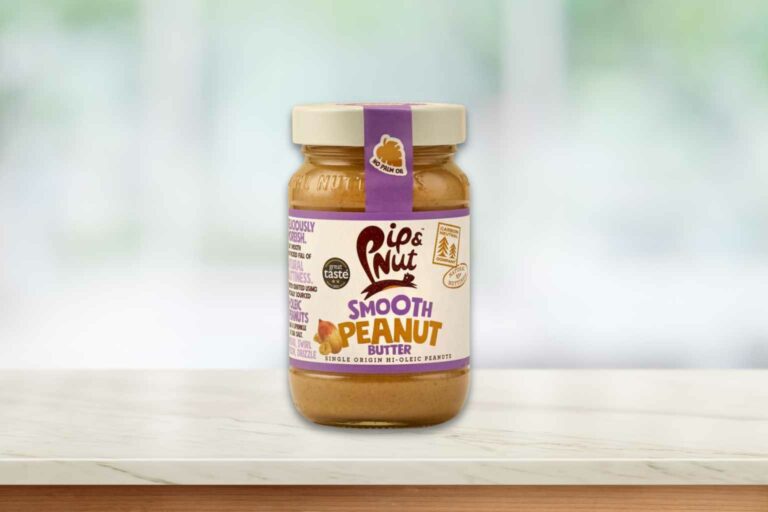
Sustainable Peanut Butter: Introduction
In this week’s sustainability tip, we look at how embracing Sustainable Peanut Butter is a small step with a significant collective impact. Every jar chosen makes a difference. By opting for sustainably sourced options, we contribute to a greener, more conscious future. It’s about the little choices we make, which add up to substantial change.
This week, let’s explore the journey of Sustainable Peanut Butter and how our individual actions can lead to broader shifts. Discover how simple switches in our daily choices can influence others and spark a ripple effect towards sustainability. Together, we’re making strides towards a planet-friendly pantry. Read on to learn how these choices can lead to a brighter, more eco-conscious world.
Sustainable Peanut Butter: History
The origins of peanut butter can be traced back to ancient civilizations like the Incas and the Aztecs, who ground roasted peanuts into a paste. However, the modern peanut butter we know today, along with its production process and specialised equipment, can be attributed to the innovations of a few inventors.
In 1884, Marcellus Gilmore Edson of Canada obtained a patent for peanut paste. This was the result of milling roasted peanuts between two heated surfaces. In the late 1800s, Dr. John Harvey Kellogg, a renowned nutritionist, played a significant role in peanut butter’s history. He developed a process to create a smooth, easily digestible paste from raw peanuts. Initially, peanut butter was marketed as a protein-rich food for patients with no teeth.
Soon after, in 1904, at the St. Louis World’s Fair, C.H. Sumner introduced peanut butter to a wider audience. It became an instant hit. During World War II, peanut butter emerged as a vital part of the U.S. soldiers’ rations. Its high protein content and long shelf life made it a valuable staple.

Today, peanut butter is a beloved pantry staple worldwide, enjoyed in sandwiches, smoothies, and countless recipes. Its journey from a dental health solution to a global culinary phenomenon is a testament to human ingenuity and adaptability.
Curious about the environmental impact of non-sustainable peanut butter? Read on to discover how our choices influence the planet’s well-being.

Peanut Butter: Environmental Impact
Non-sustainable peanut butter production exerts a hefty toll on our environment. Inefficient processes lead to excessive waste and energy consumption. Chemical fertilisers and pesticides often find their way into conventional peanut farms, impacting soil and water quality. Plus, the extensive use of monoculture farming practices can harm biodiversity.
Packaging plays a significant role. Traditional plastic containers contribute to the global plastic waste crisis. Moreover, non-sustainable peanut butter often contains palm oil, linked to deforestation and habitat destruction on a huge scale.
The distribution network makes the impact even worse. Shipping non-sustainable peanut butter across long distances consumes vast amounts of fossil fuels, adding to carbon emissions.
Consider this: 1 KG of non-sustainable peanut butter can generate nearly 3KG of carbon dioxide emissions throughout its life cycle and it takes 12 litres of water to produce just 28 grams of peanuts!
To compound matters, the waste generated by non-sustainable production practices often ends up in landfills, further straining our environment.

But here’s the good news: there are sustainable alternatives available. Discover how you can make eco-conscious choices when it comes to peanut butter. Learn about practices that reduce waste, support responsible farming, and promote a healthier planet. Read on to find out how to be a part of this positive change!
Sustainable Peanut Butter: What to Look For
When it comes to sustainable peanut butter, look for brands that proudly declare themselves palm oil-free. This ensures you’re not contributing to deforestation and habitat loss. Opt for those sourced from sustainably farmed peanuts. These practices promote soil health and biodiversity.
Consider the packaging. Sustainable options often come in eco-friendly materials, reducing plastic waste. Glass jars or recyclable packaging are excellent choices. Remember, every jar makes a difference.
Support companies with a commitment to conservation. Some actively participate in reforestation efforts and wildlife habitat preservation. By choosing them, you become part of these commendable initiatives.
Explore local or small-scale producers. They typically have lower transportation emissions and may employ greener production practices.
Your choice supports their sustainable endeavours and local economies.

Now, are you intrigued to discover some top sustainable peanut butter brands? Read on to uncover three of our favourites. They not only offer delectable spreads but also contribute to lowering your celebration footprint. Making eco-conscious choices has never been more rewarding!
Three of Our Favourite Brands
Meridian Foods
Our first brand, Meridian Foods, offers a range of sustainable nut butter, including peanut butter. They use organic peanuts and avoid the use of palm oil, focusing on ethical and environmentally friendly practices. The brand is known for its commitment to natural, whole foods and is a popular choice for those seeking sustainable and healthy nut butter options. They are committed to sustainable sourcing, transportation and manufacturing.

Nutcessity
Our second brand, Nutcessity, is a Bristol-based company offering sustainable nut butter, including peanut butter. They focus on organic and ethically sourced ingredients, with an emphasis on minimal waste packaging. Nutcessity is dedicated to reducing its environmental impact, making it a great choice for those looking for sustainable nut butter options. The company is completely transparent and has partnerships with charities and reforestation efforts, meaning every purchase engages in social value.

Pip & Nut
Our final brand, Pip & Nut is a UK-based company committed to sustainability. They source high-quality, Rainforest Alliance Certified peanuts for their nut butter. Their jars are made from a minimum of 50% recycled glass and they actively work to reduce their carbon footprint. With a focus on natural ingredients and eco-friendly packaging, Pip & Nut offers a sustainable peanut butter option for conscious consumers. Pip & Nut are certified as a B Corp and has offset its business footprint. They also donate to charity for every order! Best of all, our friends over at Pip & Nut have provided Play It Green members with an exclusive discount. Simply use the code PLAYITGREEN15 at checkout for 15% off your order!

Wrap Up
In embracing Sustainable Peanut Butter, we make a conscious choice towards a greener future. Brands like Pip & Nut, Nutcessity and Meridian Foods lead the way, promoting ethical farming practices and reducing waste. These choices add up, making a tangible impact on the environment. By supporting such brands, we contribute to a more sustainable food industry. So, let’s continue these small yet impactful steps toward a planet-friendly pantry. Explore these brands and savour a spread that’s not only delicious but also environmentally conscious.
We hope our weekly tip has left you feeling empowered to make change.
See you next week!






